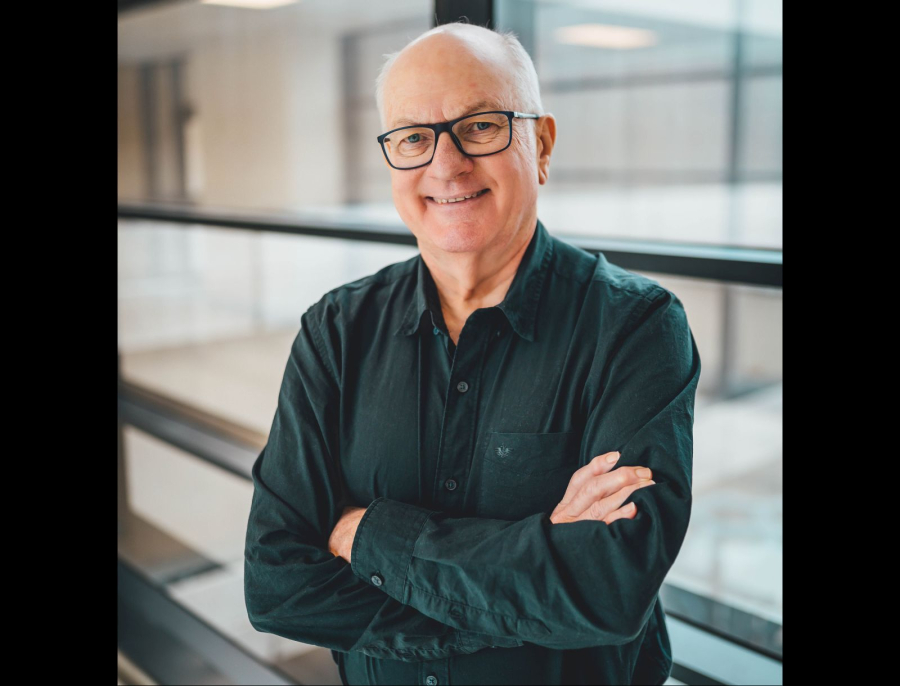Recognizing a distinguished career in improving integrated circuits via plasma etching, the American Physical Society (APS) has awarded a Cullen College of Engineering professor with one of its highest honors.
Vincent M. Donnelly, Moores Professor in the William A. Brookshire Department of Chemical and Biomolecular Engineering, is the recipient of the 2024 Will Allis Prize for the Study of Ionized Gases. Donnelly is the 18th person to win the award, and the first from the University of Houston.
He was notified that he was this year's winner by email. He was nominated by Demetre J. Economou, a fellow professor in his department and one of his close colleagues.
Donnelly's main connection to the APS is via the Gaseous Electronics Conference (GEC). This conference dates back to the 1950s, but it has been held under the umbrella of the APS in the past two decades. Donnelly said that the conferences held by the GEC have allowed him the opportunity to network with colleagues about research and funding opportunities.
Donnelly came to the University of Houston in 2002, following a 22-year career at Bell Laboratories. He noted that Economou was vital in bringing him aboard as a faculty member.
“He was and continues to be a close friend and collaborator, so he was instrumental in me coming here,” Donnelly said. “We have had a nice collaboration over the years. I also had quite a few collaborators at Bell Laboratories. There were several people that I could name who steered me in the right direction in terms of this career.”
Donnelly's work and research focus has been on plasma etching, which is used extensively in integrated circuit manufacturing to create ever smaller transistors and wires to increase the devices capabilities. In his time in the field, the work has gotten progressively more intricate, to allow for the development of practically every modern device with a circuit in it.
“We try to develop an understanding of the physics and chemistry that go into this pattern transfer technique on these atomic dimension scales, and help the integrated circuit manufacturing people design intelligent processes to keep doing this,” he said.
As an example, Donnelly brought up how plasma etching has helped to shrink the size of transistors over the past 60 years.
“Plasmas are used more than any other technique in the manufacturing of integrated circuits. In the 1960s, the size of transistors in integrated circuits was about 50 micrometers, or roughly the diameter of a human hair. Transistors now are as small as three nanometers. Three nanometers is about 10 silicon atoms. So the width of a transistor, at its narrowest, most critical part is 10 silicon atoms wide. Without plasma etching, this would be impossible to accomplish.”
Donnelly wanted to thank the Chemical and Biomolecular Engineering Department for hiring him in 2001, after a full career in industry, and for supporting his work over the years.
For more information about the Will Allis Prize and a list of past winners, visit the webpage for the award.
